This post covers what hallyu (Korean Wave) means along with its complete history.
I grew up in Korea while Hallyu was taking off and researched some fun facts in my language you might not know.

Key Takeaways
- Hallyu means the Korean Wave that describes the influence of Korean pop culture, entertainment, music, TV dramas, and movies on the world.
- First generation idol (1994-1998): H.O.T, Fin.K.L
- Second generation idol (2004-2008): Super Junior, Wonder Girls
- Third generation idol (2012-2017): EXO, BTS, Oh My Girl
- Fourth generation (2020-): Ive, aespa
Music and dance have always been big in Korean culture. Koreans have had a reputation as skilled entertainers for a while.
They started dancing 5,000 years ago in shamanistic rituals.
Chinese historians even noted how much they sang and danced daily in the Records of the Three Kingdoms (三國志, 220AD). Koreans are also known as 흥의 민족 (people of “heung”) who have passion in their blood.
What is Hallyu?
Hallyu, or the “Korean Wave” describes the influence of Korean pop culture, entertainment, music, TV dramas and movies on the world.
It’s fueled in part by the Korean government’s desire to increase soft power and improve the economy.
What was originally a regional effort aimed at China and Japan, hallyu has spread organically to every corner of the globe through the internet, social media and video streaming platforms.
Hallyu (韓流) contains the word “han” meaning Korea and “ryu” meaning wave in Chinese characters.
Some claim that the ryu (流) part is from Japanese meaning “style”, “way” or “group”.
Both make sense since the Korean wave first targeted China and Japan.
“Hallyu Wave” is redundant. It’s like saying “Korean Wave Wave”.
When did Hallyu start?
Hallyu began in the 90s when Korea and China restarted diplomatic relations.
The first major hit K-drama abroad was “What is Love (사랑이 뭐길래)” with 150 million viewers in China in 1997.
Soon after, an overseas radio broadcast and performance by H.O.T. in 2000 ignited the Korean culture craze for years to come.
How did Hallyu start?
It depends on who you ask.
Some say it all began with some petty revenge. During the financial crisis of 1997, Japan was the first country to pull out of Korea, which caused a backlash. (Whether this was because of the hardline stance taken by Kim Young Sam against Japan in 1995, or the fact that the two countries just don’t get along is hard to say.)
Either way, the government decided to cut down on Japanese cultural imports, leaving a pop culture void to fill. And fill they did, with homegrown creations.
Others would say Jurassic Park. The Presidential Advisory Board published a report in 1994 on Jurassic Park (yes, this happened). It went on to say that if the movie made as much as the sales of 1.5 million Hyundai cars, South Korea would get in the movie business. We all know how that turned out, and the government put a lot of support into the local movie scene.
One thing’s for sure, Korea has some blazing fast internet. This is thanks to the Korean Information Infrastructure project that began in 1995. Thankfully, Kim Dae Jung kept things going ensuring the spread of Korean pop culture for decades to come.
Another cause might be how entertainment companies in Korea are structured vertically. For example, SM Entertainment can handle everything from TV dramas, albums, concerts, app development, distribution to PR in-house. This allows them to quickly rollout a full court press on multiple media formats. There’s also a lot of cross-industry collaboration. When a drama becomes a hit, there’s a K-beauty product tie-in and tourism destination promotion.
List of major Korean entertainment agencies by size:
- SM Entertainment
- JYP Entertainment
- YG Entertainment
- Cube Entertainment
- FNC Entertainment
Timeline for Hallyu – Major Hallyu Milestones
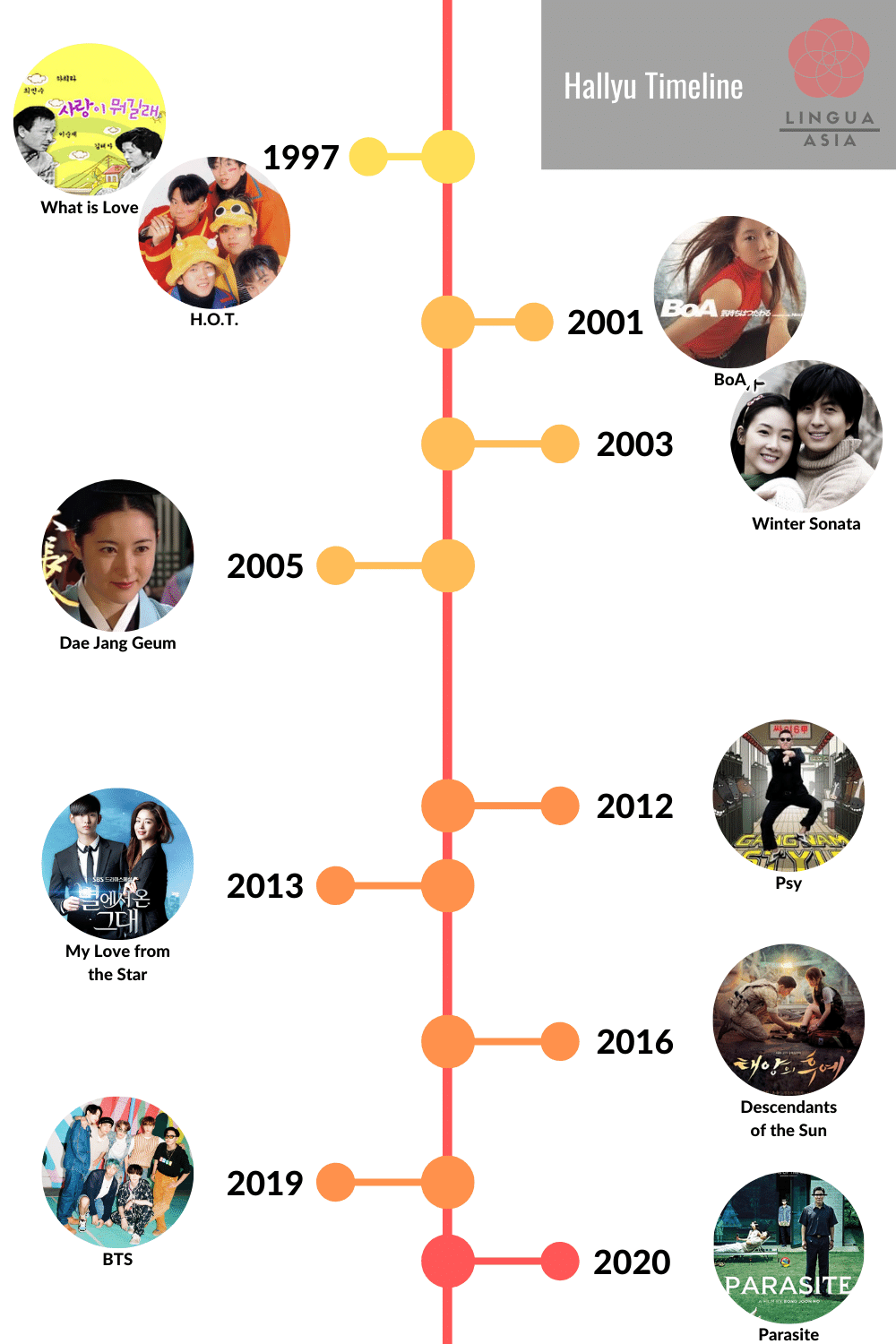
- Koreans begin dancing in shamanistic rituals – 3,000 BC
- Korea and China reopen diplomatic relations – 1992
- IMF crisis – 1997
- President Kim Dae Jung injects money into the entertainment industry – 1997
- Korean drama “What is Love (사랑이 뭐길래)” has 150 million viewers overseas – 1997
- H.O.T. is introduced on Seoul Music Room radio broadcast in Beijing – 1997
- H.O.T. performs at Beijing Workers’ Gymnasium – 2000
- BoA (보아) starts performing in Japan – 2001
- Winter Sonata (겨울연가) is aired overseas – 2003
- Dae Jang Geum (대장금) is aired overseas – 2005
- Rain (비) makes the Top 100 Most Influential People list by Time Magazine – 2006
- Gangnam Style (강남스타일) goes viral worldwide – 2012
- My Love from the Star (별에서 온 그대) is aired overseas – 2013
- Super Junior (슈퍼주니어) has 100th world tour performance – 2014
- Descendants of the Sun (태양의 후예) is aired overseas – 2016
- BTS (방탄소년단) releases 3 number 1 albums on the Billboard 200 music chart – 2019
- Parasite (기생충) wins the Academy Award for Best Picture at the Oscars – 2020

Why is Korean entertainment so popular?
- Due to their geography, (surrounded by big and sometimes unfriendly neighbors) Koreans have a unique way of viewing the world.
- Koreans have a long history of song, dance and entertainment.
- The only natural resource Korea has is people. They spend a lot of time and money developing themselves. This is shown in their private academy culture where young children study after school until 10pm.
- There’s an endless supply of prospective stars (연습생 or trainees who practice for 3-5 years under strict dieting and social regulations before being signed) cultivated by entertainment agencies.
- Koreans are incredibly meticulous when it comes to doing something in public. They believe that if you can’t do something perfectly, it’s not worth doing it all.
- This is shown in their flawless performances. They even practice for company noraebang night. It’s also a reason why Koreans have difficulty speaking English, even though they study it for 10 years.
- Koreans work long, grueling hours to get things done.
- Kpop in particular is known for its flawless choreography, catchy melodies, and of course attractive performers.
- Kpop isn’t just about the songs or the stars, it’s an entire package of choreography, style and stage presence.
- Korea has a generally favorable image around the world, since it hasn’t been an aggressor since the Three Kingdoms Period.
- Korea has a lot in common with other western nations. They value free markets, democratic elections and free press.
- Celebrities in Korea maintain a flawless public image. A scandal can damage their reputation and earning power. This makes them marketable in countries with similar values.
- Korean celebrities inspire fierce loyalty and a feeling of familiarity. It’s common for younger fans to call them oppa or unnie, which means older brother or sister respectively.
- Koreans are good at connecting emotionally with their audiences and telling stories full of joy and tragedy.
- K-dramas are able to elicit emotions from their audience without using profanity, violence or risqué storylines. This makes them more marketable in Islamic and other Asian countries that are less interested in western entertainment.
Who is the king of K-pop?
It depends on the year and who you ask.
Big Bang would’ve kept their throne without all the scandals (the Burning Sun scandal by Seungri, drug scandals by G-Dragon and T.O.P, suspicion of aiding in illegal entertainment business in his building by Daesung, etc.).
All things considered, BTS is the king of K-pop now.
Other potential title-holders:
Mid 1990s- Seo Taiji was a cultural icon for a few years and revolutionized what K-pop can be by using sounds from other genres, including rap.
Late 1990s- H.O.T. pioneered K-pop overseas, even though they don’t have the highest record sales.
2005-2007 Super Junior had the highest record sales and longest consistent hits for a while.
2007-2010 Big Bang was popular for their innovation and evolution.
2012-2014 Psy is a strong choice since his hit song “Gangnam Style” was being played everywhere on the planet for a year.
2014-2017 Exo is a controversial choice, but they’re wildly popular in Korea and China.
2017-Present BTS is an unstoppable force and the first band since the Beatles to have 3 number 1 records on the Billboard 200 music chart in a year.
What is the highest grossing Korean movie of all time?
Including domestic and overseas box office, Parasite, by a lot. Being the first foreign film to win a Best Picture Award at the Oscars doesn’t hurt.
1. Parasite (기생충) – 266 million USD
An underdog story full of symbolism and ambiguity, this movie resonates with people of all cultures.
2. Extreme Job (극한 직업) – 140 million USD
Action comedy with a twist. This movie is legitimately funny and well-written. It’s a great example of Korean humor transcending culture.
3. Roaring Currents (명량) – 110 million USD
Think Rocky with naval combat. This mostly historically accurate biopic is guaranteed to have you cheering for Admiral Lee Sun Shin (이순신).
4. Along with the Gods: The Two Worlds (신과함께-죄와 벌) – 103 million USD
Based on a webtoon, this one is perfect for fantasy lovers of all ages.
5. Ode to my Father (국제 시장) – 99 million USD
A must watch for Koreans. Spans an eventful part of history from the perspective of one man.
6. Veteran (베테랑) – 94 million USD
An entertaining thriller with social commentary. They blend action, humor and a message perfectly.
7. Train to Busan (부산행) – 93 million USD
Zombies, Korean style. They’re fast and motivated. Not my favorite Korean movie but it did well financially thanks to the inclusion of popular K-pop stars and actors.
8. Along with the Gods: The Last 49 Days (신과함께-인과 연) – 91 million USD
The sequel to the wildly successful first movie.
9. Assassination (암살) – 88 million USD
Valkyrie during the Japanese colonial period without Tom Cruise pumpy arm running.
10. A Taxi Driver (택시운전사) – 85 million USD
An emotional story centered around the events of the Gwangju Uprising.

How much has Korean culture influenced others?
Korean culture has impacted music, movies, TV, cosmetics, gaming and fashion industries everywhere since the 1990s. Not bad for a country where indoor plumbing wasn’t a thing in the 70s.
K-pop is one the most popular foreign music genres in the USA, even though most songs are in Korean.
K-movies have been consistently good since the 1990s with Parasite winning an Oscar for Best Picture in 2020.
K-games actually made more money (6.4 billion USD) than K-pop (513 million USD) and K-movies (437 million USD) in 2018. It’s expected to exceed 16 billion dollars in 2021.
After getting shot down in China during the THAAD controversy, K-drama is set to take over streaming video services with Netflix acquiring 41 K-dramas in 2020.
K-beauty has made words like “mask sheet” and “sun cream” mainstream.
What’s the K-pop impact on the Korean economy?
BTS alone contributes 3.5 billion USD to the Korean economy a year. This includes indirect products and services like tourism.
The total impact of K-pop on the Korean economy is estimated at 5 billion USD.
What are some K-pop industry statistics?
On September 7th, the Korean Ministry of Culture, Sports and Tourism & Korea Culture & Tourism Institute analyzed the economic impact of BTS ranking #1 on the Billboard ‘Hot 100 Chart’. BTS new single, ‘Dynamite‘ alone had an economic effect of 1.7 trillion KRW (1.4 billion USD).
2019 data of KOFICE:
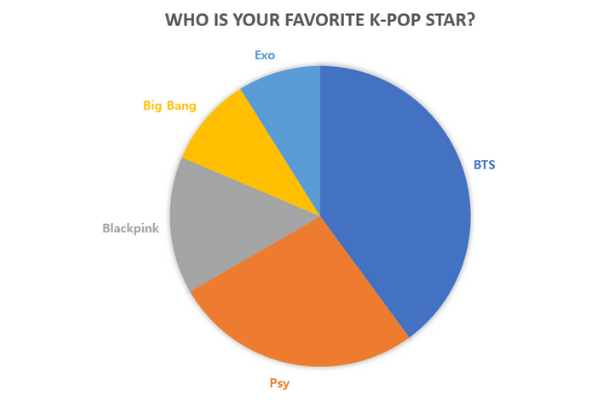
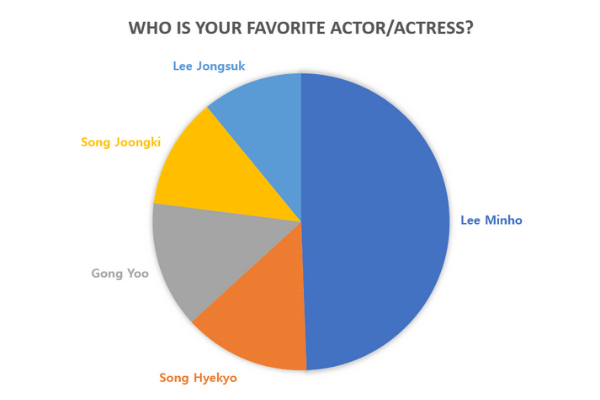
2018 data of Korea Creative Content Agency:
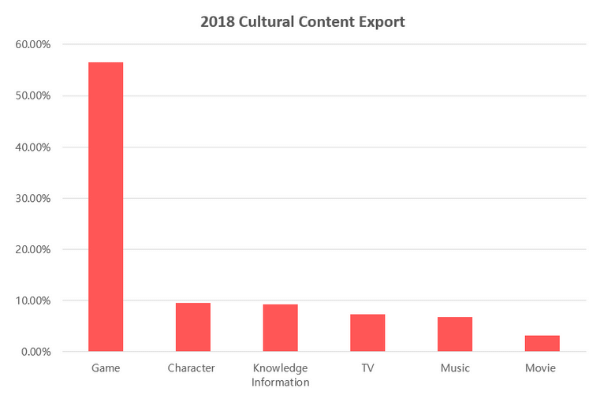
2017 data of Statistics Korea:
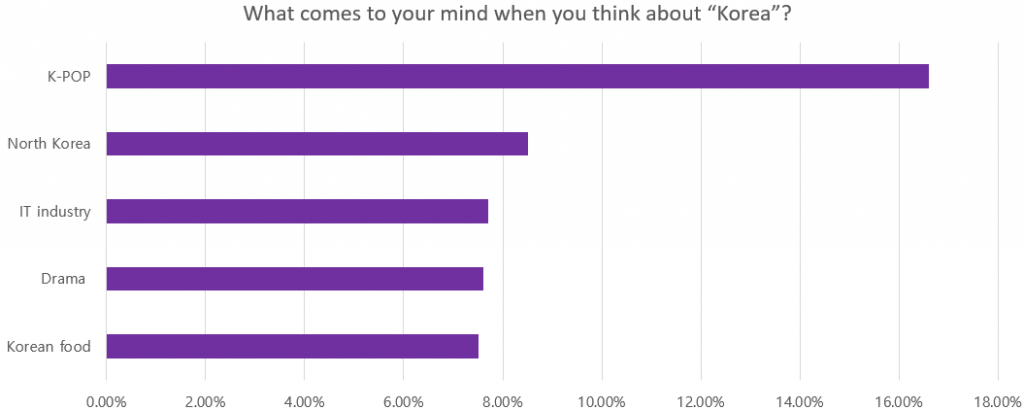
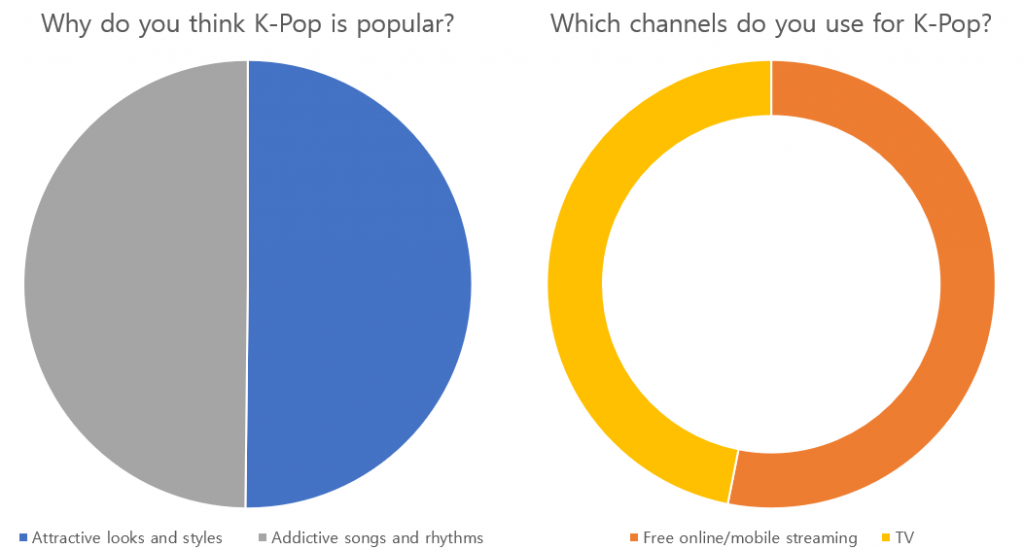
FAQ
What is a Korean hallyu star?
An actor or singer from Korea who is popular not only in their home country, but all over the world.
What is a Korean “hallyu” wave?
The phenomenon of Korean pop culture sweeping the globe. Hallyu already contains the meaning of “Korea” and “wave”, so Korean hallyu wave is redundant. You can simply call it hallyu.
Who contributed the most to Korean hallyu?
There are many potential answers, but early on it was H.O.T. who got things started in China, while Bae Yong-jun and Choi Ji-woo became popular in Japan with “Winter Sonata (겨울연가)”. BTS and Black Pink are currently the most influential hallyu stars.
Why does hallyu matter and what’s its significance?
It has helped make Korean culture mainstream around the world. There have been numerous milestones reached by hallyu. Most notably, it has led to the first foreign film winning Best Picture and the first best supporting actress winner from Korea at the Oscars.
How does hallyu affect the Korean economy?
Hallyu has a widespread effect on the economy on a variety of industries including tourism. In 2019, it contributed an estimated 12.3-billion-dollar boost to the Korean economy. BTS alone made up 3% of the Korean GDP in 2018.
Let’s hear from you.
Hallyu is a dominating force that shows no sign of slowing down.
Let us know your favorite part of Hallyu in the comments!




super Junior is the king off hallyu wave,so where’s bout Suju in ur article?
Hi Jo, of course. I believe they’re included in the article.